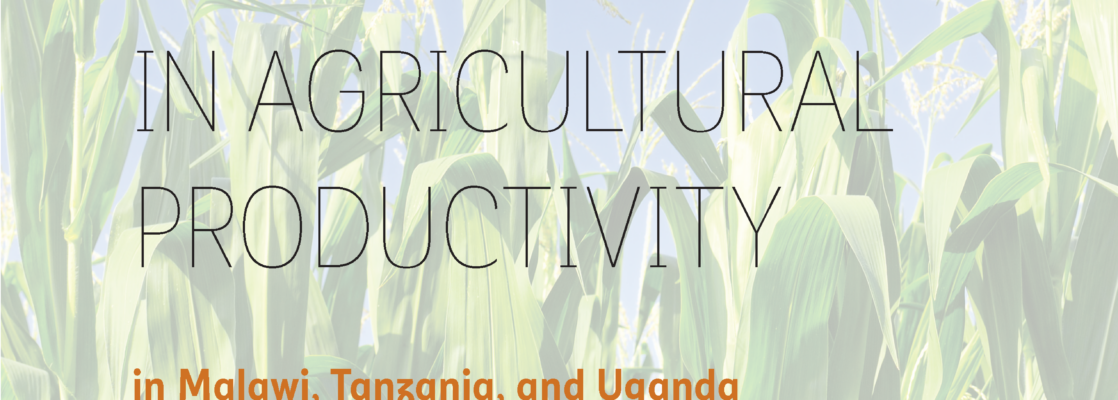Women form a large proportion of the agricultural labor force in Sub-Saharan Africa and thus play a vital role in
ensuring family nutrition and food security. In Eastern and Southern Africa, agriculture continues to be a key engine for local and regional economies, represents a critical source of income and ensures food security and nutrition. However, as has been widely documented, gender-based inequalities in access to and control of productive and financial resources inhibit agricultural productivity and reduce food security. A new study measuring the economic costs of the gender gap in agricultural productivity in three African countries—Malawi, the United Republic of Tanzania (hereafter Tanzania), and Uganda— provides further evidence that reducing the gender gap plays a significant role in poverty reduction and improved nutritional outcomes.
The report provides a unique quantification of the costs in terms of lost growth opportunities and an estimate of what societies, economies, and communities would gain if the gender gap in agriculture is addressed. The findings of this report are striking, and send a strong signal to policy makers in Africa as well as development partners that closing the gender gap is smart economics. Consider this: closing the gender gap in agricultural productivity could potentially lift as many as 238,000 people out of poverty in Malawi, 80,000 people in Tanzania, and 119,000 people in Uganda.
Authors: UN Women, the United Nations Development Programme–United Nations Environment Programme Poverty-Environment Initiative (UNDP-UNEP PEI) Africa, and the World Bank.
Contact address: https://www.unwomen.org/en
Institution: UN Women
Twitter name of the institution: @UN_Women
Twitter link: https://x.com/UN_Women
Available downloads:
The cost of the gender gap in agricultural productivity in Malawi, Tanzania, and Uganda


